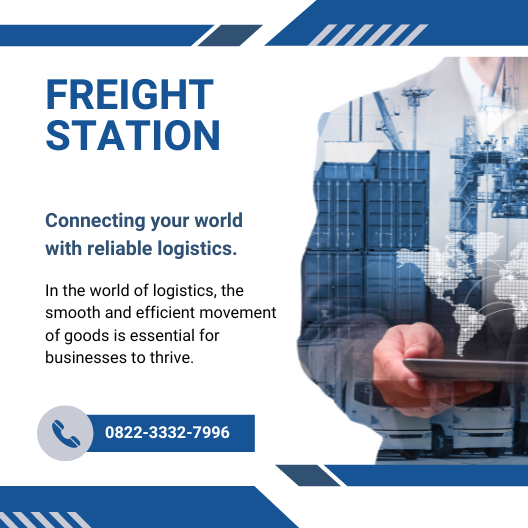Air Freight Services
Air Freight Services: Efficient and Reliable Shipping Solutions for Your Business
In the fast-paced world of business, timely and secure shipping of goods is vital for success. Air freight services have emerged as a popular choice for businesses seeking efficient and speedy transportation of goods across various distances. This article explores the benefits and advantages of air freight services for shipping your products, illustrating how it can streamline your supply chain and enhance your overall business operations.
I. Air Freight Services: An Overview
Air freight services involve the transportation of goods via airplanes. This mode of transportation offers several key benefits that make it a preferred choice for businesses. Here are some essential aspects to consider:
1. Speedy Delivery: Air freight is renowned for its fast transit times. Airlines operate on a well-established schedule, ensuring that your goods reach their destination swiftly. This is particularly advantageous for businesses dealing with time-sensitive products or perishable goods.
2. Global Reach: With an extensive network of airports and flights connecting various destinations worldwide, air freight services provide businesses with unparalleled access to global markets. This enables businesses to expand their customer base and seize international opportunities.
3. Secure and Reliable: Airlines prioritize the safety and security of cargo. Air freight is subject to rigorous safety standards and stringent handling procedures, minimizing the risk of damage or loss during transportation. Additionally, advanced tracking systems allow businesses to monitor the progress of their shipment in real time.
II. Benefits of Air Freight Services:
Utilizing air freight services can bring several advantages to your business operations:
1. Faster Time-to-Market: Air freight enables businesses to reduce lead times significantly, helping them bring products to market faster. This agility gives businesses a competitive edge, especially in industries with rapidly changing consumer demands.
2. Reduced Inventory Costs: The swift transit times of air freight services allow businesses to maintain lower inventory levels. With faster delivery, businesses can optimize their inventory management, reduce storage costs, and improve cash flow.
3. Enhanced Supply Chain Efficiency: Air freight services provide businesses with a reliable transportation solution, ensuring that goods reach their destination on time. This reliability helps in optimizing the supply chain, reducing delays, and improving customer satisfaction.
III. Choosing the Right Air Freight Service Provider:
To make the most of air freight services, it is crucial to select the right service provider that aligns with your business requirements. Consider the following factors:
1. Network Coverage: Ensure that the air freight service provider has an extensive network, covering the regions where you need to ship your goods. A well-established network ensures seamless connectivity and enables efficient logistics support.
2. Experience and Expertise: Look for a service provider with extensive experience in air freight transportation. Their expertise in handling various types of cargo and understanding of international regulations will minimize the risk of delays or compliance issues.
3. Efficient Customer Support: A responsive and proactive customer support system is essential when dealing with air freight services. Choose a provider that offers excellent communication and support, keeping you informed about the status of your shipments and promptly addressing any concerns.
Conclusion:
Air freight services offer businesses an efficient and reliable transportation solution for shipping goods. With their fast transit times, global reach, and secure handling procedures, air freight services can streamline supply chain operations and enhance overall business efficiency. The benefits of utilizing air freight services, including faster time-to-market, reduced inventory costs, and improved supply chain efficiency, make it a compelling choice for businesses seeking effective shipping solutions.
When choosing an air freight service provider, consider factors such as network coverage, experience, expertise, and customer support. Finding a partner that aligns with your business needs will ensure smooth and successful transportation of your goods.
Baca juga: Tarif Cargo Udara Termurah
In the fast-paced world of commerce, air freight services empower businesses to stay competitive, reach global markets, and meet customer demands efficiently. Embracing the advantages of air freight can unlock new opportunities for growth and success in the ever-expanding global marketplace.







